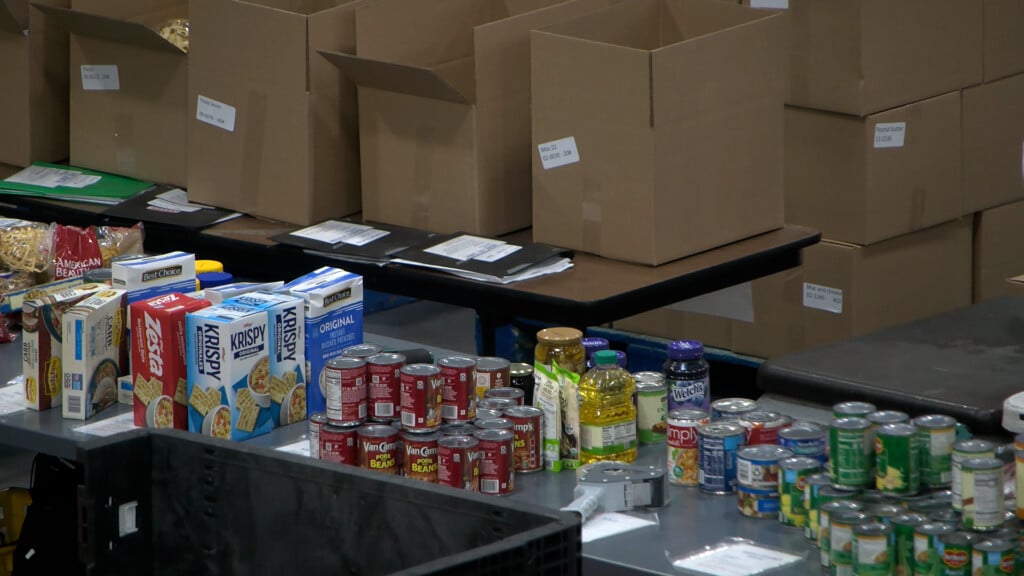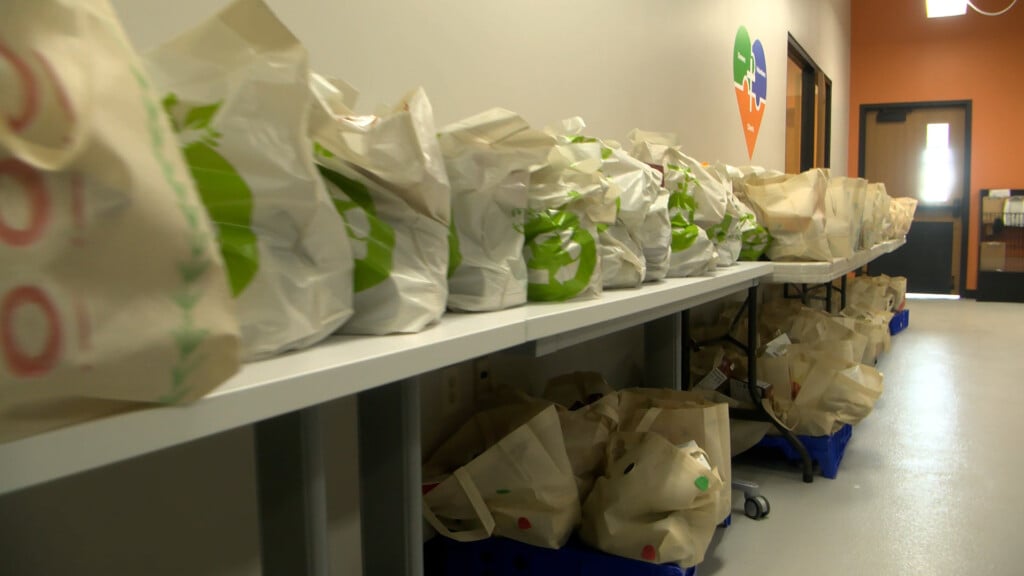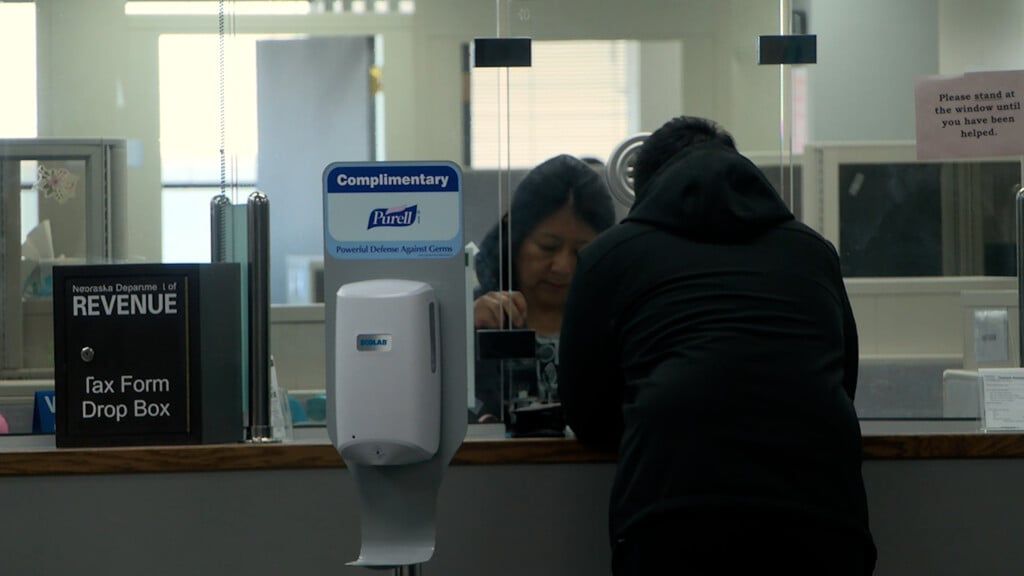Money Saving Monday: Tips to help us combat inflation
Financial professional, Tim Kulhanek from Stonebridge Insurance and Wealth Management is sharing tips to help us combat inflation.
LINCOLN, Neb. (KLKN) – Inflation is at an all time high. According to the U.S. Department of Labor, the consumer-price index in October jumped 6.2% from a year earlier, the highest jump since December of 1990.
Fuel prices are up 12.3% in the past month. Food prices are up 5.3% in the last year with meat, poultry and eggs up 11.9%.
The U.S. Department of Energy also projects heating prices will be up 54% this winter.
Financial professional, Tim Kulhanek from Stonebridge Insurance and Wealth Management is sharing tips to help us combat inflation.
How can we prepare our finances for inflation?
- Create an inventory of all your debts, including how much you owe and the interest rates you are paying
- You may want to set up auto-payments to make sure you don’t miss a payment; getting hit with a late fee only adds to the problem
- Now that you know what you owe and have a budget to track your spending, calculate how much you can afford to put toward your debt each month and pick a method that works for you
There are two general trains of thought when considering how to pay off debt:
- Snowball- Organize your debt by the amount you owe and tackle your smallest balance first. Then, tackle your next smallest balance like a snowball rolling down a hill, this method helps you build momentum until all debts are paid.
- Avalanche- This method prioritizes paying off high-interest debt first.
Revisit your goals
- One way to think about setting goals is to start with a long-term goal and think backward. For example, if your dream is to retire in 10 years, start by setting short-term monthly savings goals to help you get there.
- Investing or staying invested in stocks is one way to stay on track and beat inflation
Don’t forget you emergency fund
- Americans’ biggest financial regret is not saving enough for emergencies
- Your emergency fund should have enough money to cover 3-6 months of expenses if you were to lose your job, miss a paycheck or face an unexpected medical bill
- When families don’t have money to face an unexpected expense, they may have to borrow money and that can lead to a cycle of debt
Kulhanek has an emergency fund calculator on his website to help you figure out how much you need to set aside.



